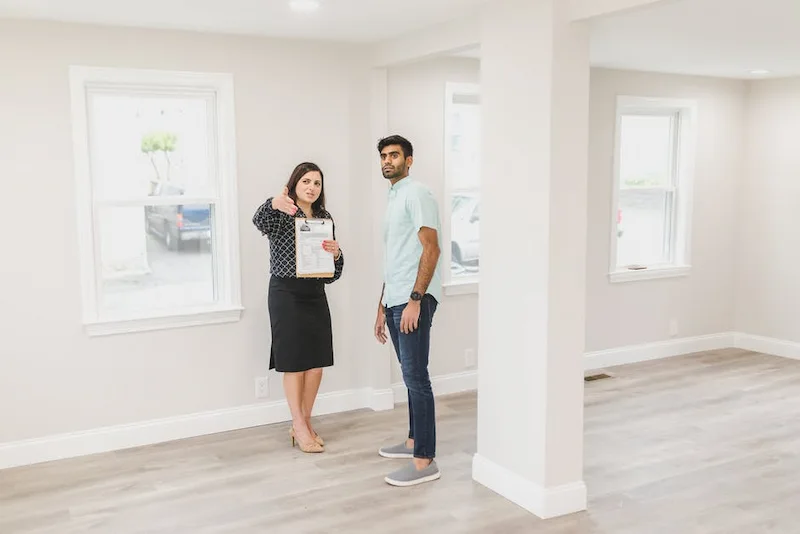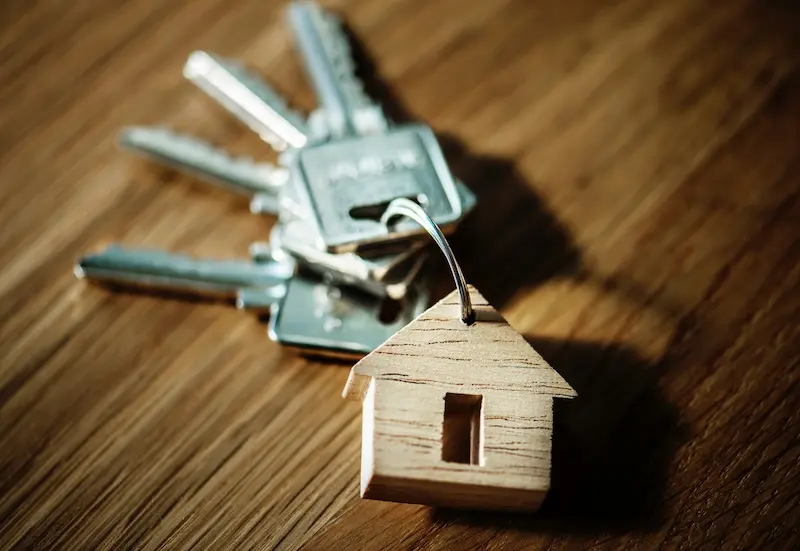Table of Contents
Buying your first home is a significant milestone and a huge financial commitment: it’s an exciting process but also one that requires careful planning and consideration. From determining your budget to navigating the complexities of the housing market, first-time buyers need to be well informed before making any decisions. Whether you’re seeking a small starter home or planning for a family, here are key aspects you should know before taking that big step into homeownership.
Work with the Right Real Estate Agent
Having the right real estate agent by your side can make a world of difference in your home-buying journey. Experienced real estate agents like Grenadier can provide invaluable guidance throughout the process, ensuring you make informed decisions. They can help you navigate local markets, find homes that match your preferences, and negotiate favorable terms on your behalf. A good agent will have in-depth knowledge of the neighborhood, market trends, and pricing strategies, saving you time and stress.
A reliable real estate agent acts as your advocate so that all transactions and contracts are handled professionally. Their expertise allows them to foresee potential challenges, helping you avoid costly mistakes. Don’t underestimate the value of having an expert who can streamline the complex process of buying a home.
Determine Your Budget and Financial Readiness
Before you start looking at properties, you need to first establish your budget. Knowing how much you can afford helps set realistic expectations and prevents you from falling in love with homes that are beyond your financial reach. One of the first steps in determining your budget is reviewing your current financial situation, including your savings, monthly expenses, and credit score.
Lenders recommend that your monthly housing costs—mortgage payments, taxes, and insurance—should not exceed 30% of your gross monthly income. You’ll also need a down payment, which is typically 20% of the home’s purchase price, although some lenders offer lower down payment options. Keep in mind that owning a home comes with additional costs, such as maintenance and repairs, which you should factor into your budget.
Get Pre-Approved for a Mortgage
Next, you need to secure financing. Getting pre-approved for a mortgage gives you a clear idea of how much money you can borrow and demonstrates to sellers that you’re a serious buyer. Pre-approval also helps speed up the buying process once you find a home you love.
When you apply for pre-approval, lenders will review your financial information, including your credit history, income, and debt-to-income ratio. Evaluate various mortgage lenders to discover the most favorable terms and interest rates. Being pre-approved doesn’t mean you are obligated to take the mortgage, but it gives you an advantage in a competitive housing market.
Research the Housing Market
Real estate markets can vary widely depending on factors like location, economic conditions, and seasonality. Take the time to research recent home sales in the area, average property values, and future development plans that might affect the neighborhood.
In a competitive market, homes may sell quickly, and prices can rise unexpectedly. On the other hand, a buyer’s market gives you more leverage and options to negotiate. Timing is key when making your purchase, so having a good grasp of market trends will help you make informed decisions and avoid overpaying for a property.
Be Aware of Hidden Costs
When budgeting for your first home, you must consider the hidden costs that come with homeownership. Many first-time buyers focus on the mortgage and down payment, but there are several other expenses to keep in mind. Closing costs, which can range from 2% to 5% of the home’s purchase price, include fees for appraisals, home inspections, title insurance, and attorney services.
Once you move into your new home, ongoing expenses such as property taxes, homeowners insurance, utilities, and maintenance costs will become a regular part of your budget. Being aware of these expenses upfront will prevent financial surprises after you’ve closed on the property.
Understand the Importance of Home Inspections

Before finalizing the purchase of your first home, getting a thorough home inspection is a must. A professional home inspector evaluates the property’s condition, identifying any potential issues that may not be visible during a casual walkthrough. These issues could include structural problems, electrical or plumbing defects, and even pest infestations.
While a home inspection may seem like an additional cost, it can save you thousands of dollars in unexpected repairs down the road. If the inspection reveals significant issues, you can either negotiate for the seller to make repairs or reconsider your purchase. Never skip this step, as it ensures you’re making a sound investment.
Purchasing your first home is both a rewarding and complex process. By working with knowledgeable professionals, setting a clear budget, securing mortgage pre-approval, and thoroughly researching the housing market, you can make informed decisions that lead to a successful purchase. Make sure you understand the hidden costs and the value of home inspections that will also help protect your investment, setting you on the path to homeownership with confidence.
Want to explore something different? How to Reach Your Maximum Potential & Achieve Peak Performance

